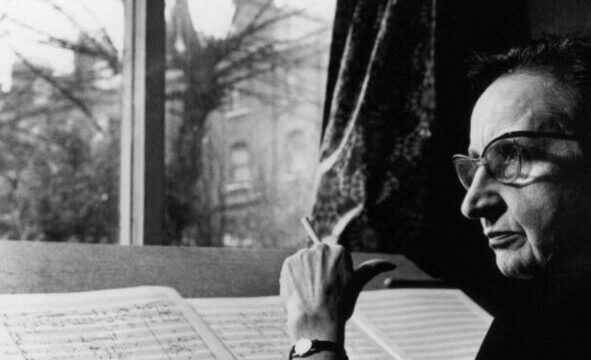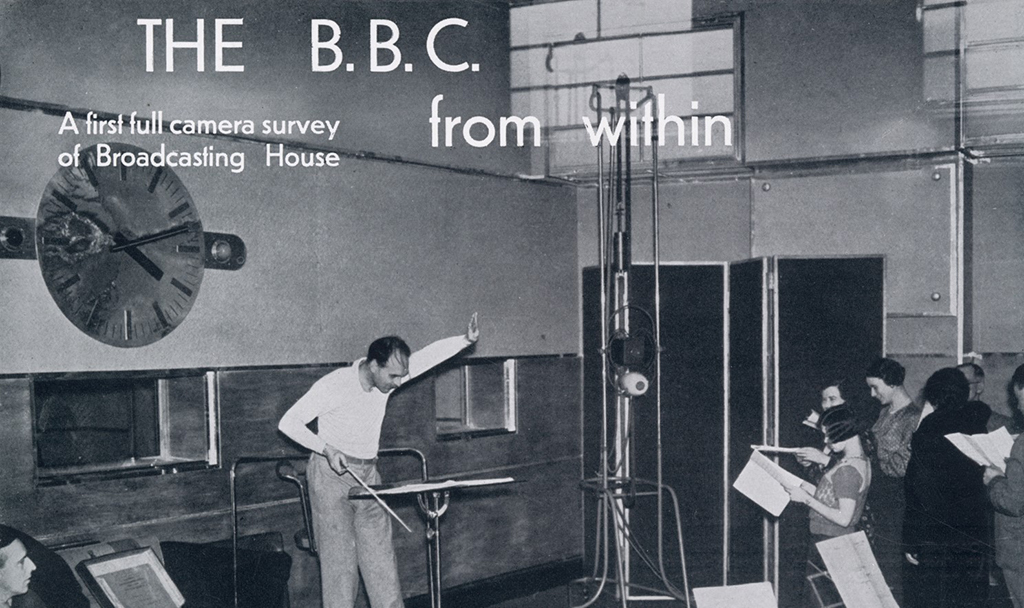Elisabeth Lutyens and Edward Clark: Orchestrating Progress in British Music
Research by Annika Forkert charts the musical work of composer Elisabeth Lutyens and conductor Edward Clark, two innovators in British music of the twentieth century.
Research into the music, influences, collaborations and lives of Lutyens and Clark reveals not only their struggle with institutions and tastes of their time, but also highlights their sense for new musical developments and determination to challenge ideas about gender, nationality and style in music.

In 1924, conductor Edward Clark premiered the orchestral version of Schoenberg’s Verklärte Nacht in Newcastle. Two decades later, in 1943, composer Elisabeth Lutyens published one of the earliest serial pieces of music by a British composer. Although experiments such as these propelled them to the forefront of modern music in Britain, they did not secure their legacies.
Research into figures such as Lutyens and Clark is often faced with either a lack of knowledge about their lives and work or an abundance of biographical anecdote and fixed opinions about their music – both can obscure critical perspectives. There are former students, family and friends who vividly remember Lutyens (and, to a lesser degree, Clark), but her music has been rarely performed since her death in 1983. This leads to the question, how can the sparks in Lutyens’s and Clark’s work in music be rekindled? And how does one tell their stories today?

Edward Clark conducting Milhaud’s Les choéphores at the BBC. The Sphere (21 January 1933, p.13) © Illustrated London News/Mary Evans Picture Library
The new book Elisabeth Lutyens and Edward Clark: The Orchestration of Progress in British Twentieth-Century Music (Cambridge University Press, 2023)—as well as related articles in Twentieth Century Music and The Musical Times—provides a holistic and critical-analytic perspective of the musical work of these two key figures. By unearthing and analysing forgotten repertoire and by challenging dominant anecdotal evidence through archival research, Annika’s work uses methods and tools from music history, analysis, biography and sociology, and seeks to uncover connections, influences and alliances in music making of Lutyens and Clark’s time. The book is complemented by Annika’s pre-concert talks, blogs and radio features about Lutyens, Clark and their contemporaries.

